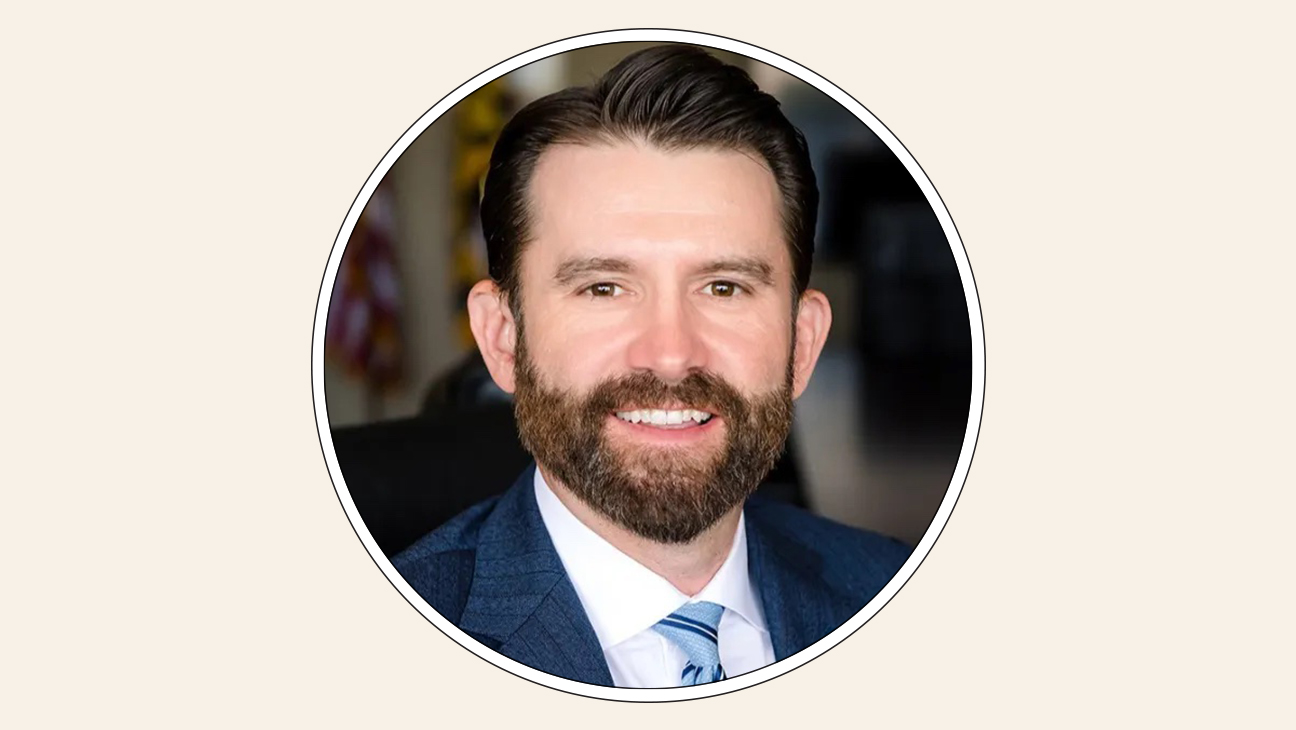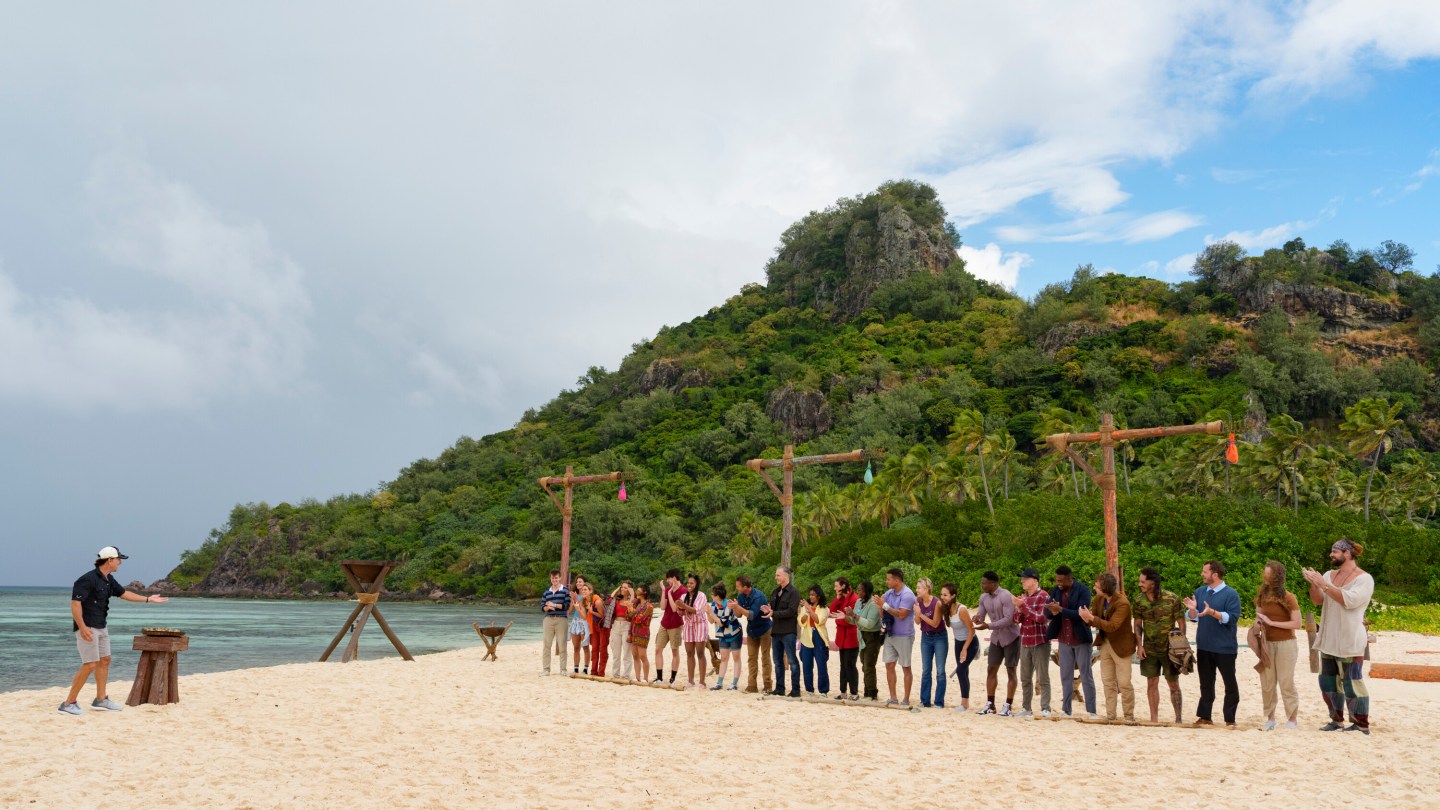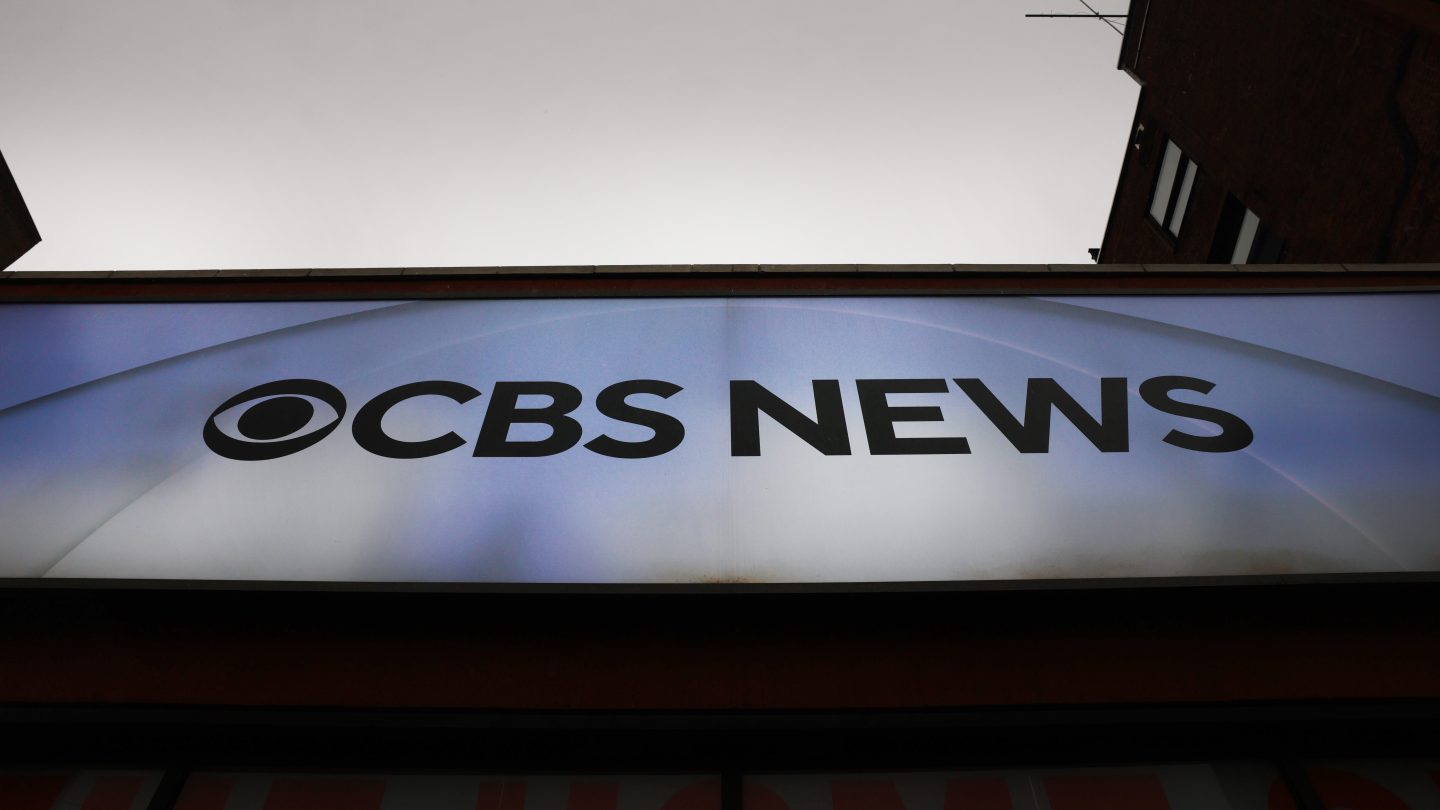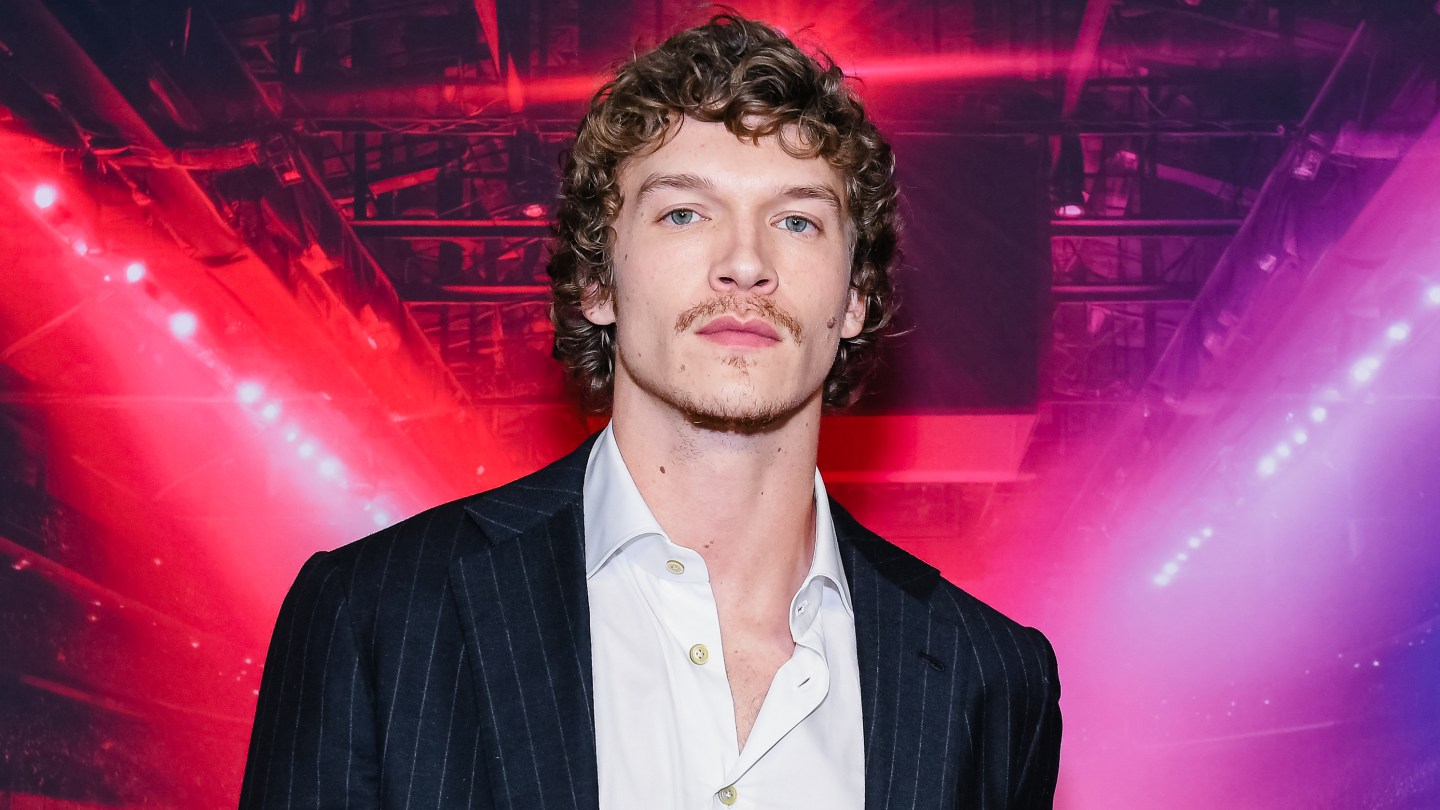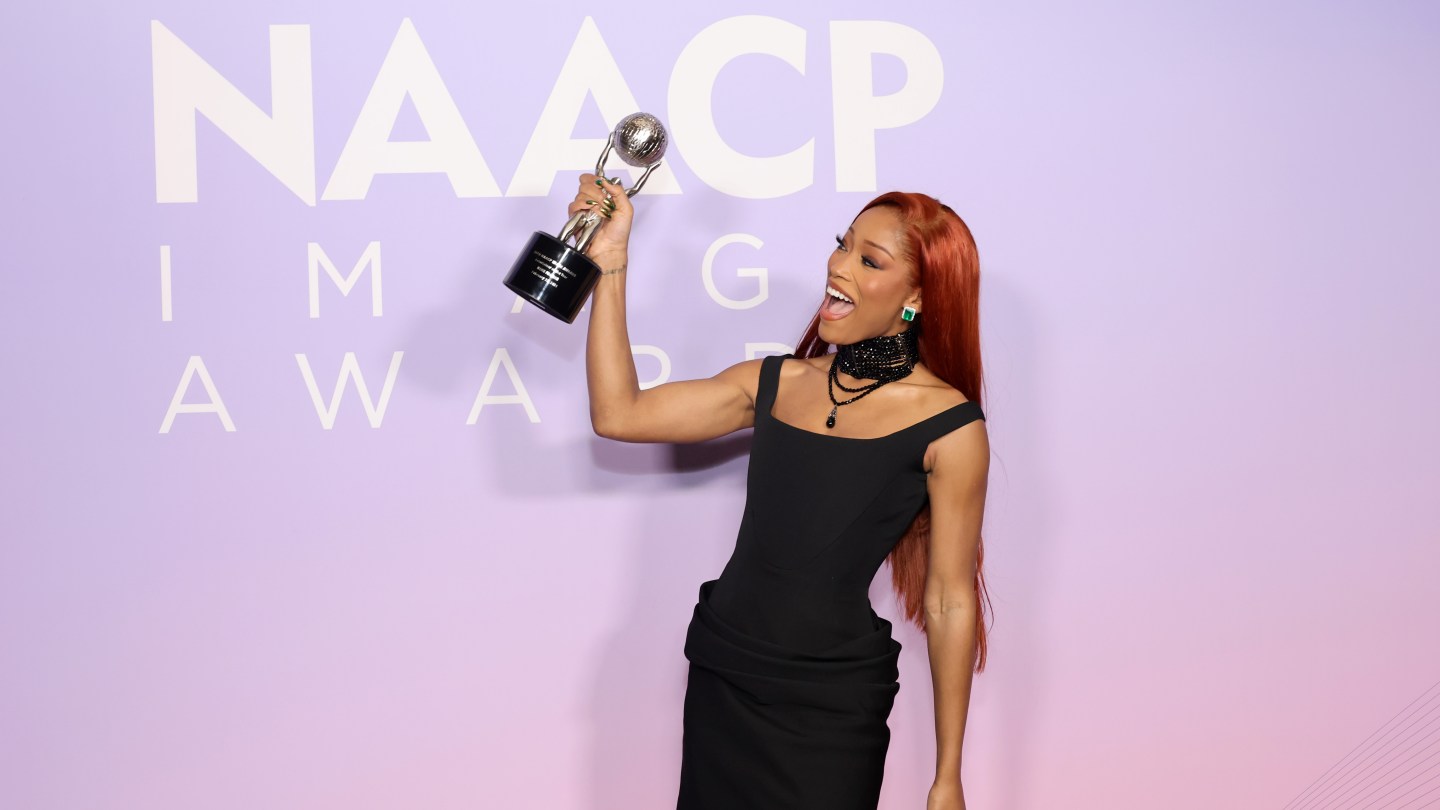Chris Ripley, the CEO of Sinclair Broadcast Group, is tired of blackouts — specifically, the one currently keeping ABC programming from about 10 million YouTube TV subscribers. It is such a problem for him that, on a Wednesday conference call tied to his company’s summer 2025 earnings quarter, Ripley didn’t even talk about the Jimmy Kimmel Live! suspension he helped shepherd in September.
“We, as local broadcasters, have no say in whether our content and the content we pay to air will be distributed to local viewers,” Ripley said. “This was clearly not the intent of the Communications Act, and seems to be, from our perspective, an antitrust issue as well.”
Considering the Communications Act was written in 1934 to regulate interstate and foreign wire and radio communications, no, this clearly was not its intent. The act formed the FCC, the government agency that regulates broadcast TV networks, like Disney’s ABC.
These regular disputes over carriage fees (YouTube TV just got out of one with NBCUniversal) and sometimes the subsequent channel(s) blackouts “continue to hurt local viewers and … the ecosystem of local journalism,” Ripley continued.
Ripley believes his local ABC affiliates should still have their content, primarily news and sports, carried through to YouTube TV subscribers, regardless of Disney’s position. Or at least, maybe ask first? To that end, Ripley says he has spoken with both the SEC and antitrust regulators, and the FCC has “opened an investigation into hurtful network affiliation practices.”
“Disney/ABC and other networks should not be able to dictate to us whether we can or cannot distribute content to YouTube TV or even Hulu and Fubo, which, coincidentally are now also owned by Disney,” Ripley said. “Particularly concerning is that consumers are now being forced to buy more streaming services from one of the parties in the dispute to get the content that they literally already paid for.”

